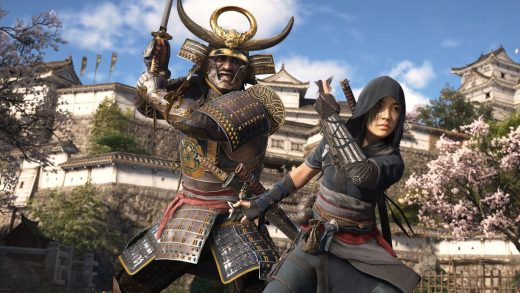
The Pokémon Company is suing six Chinese mobile gaming companies for copyright infringement and unfair competition over Pocket Monster Reissue (Koudaiyaoguai Fuke in Chinese), a game it says bears a striking resemblance to the popular IP.
According to a South China Morning Post report, The Pokémon Company, which is releasing Pokémon Scarlet and Violet in November, filed an order to the Shenzen Intermediate People’s Court for the companies to stop the development and sale of Pocket Monster Reissue on mobile storefronts in mainland China, including those run by Tencent, Huawei, and Xiaomi. It is also asking for 500 million yuan ($72.5 million) in damages that have resulted from the game’s unauthorized operation.
Jiangyin Zhongnan Heavy Industries, one of the accused companies, said in its stock exchange filing that it had been running Pocket Monster Reissue without express permission from The Pokémon Company since its release in 2015. The game generated over 300 million yuan of total turnover, with a monthly turnover exceeding 30 million yuan, in 2016. Five years later, the company’s revenue skyrocketed to 481.6 million yuan, and now has a market cap of 6.1 billion yuan.
Zhongnan said it was “impossible to judge the impact on the current or future profits of the company,” because the case has yet to be heard in court. Even so, The Pokémon Company is demanding the company and five others take the game down and issue apologies to players on the mobile store apps and popular Chinese websites, including Tencent.com and NetEase.com.
Although The Pokémon Company licenses the game series to several countries, censorship laws and vague regulations have made it impossible for some Pokémon games to be distributed in China. It already banned Pokémon Go for safety reasons in 2017, only to lift the ban the next year after Niantic partnered with NetEase to localize the game in the country. Any other bans or regulations China placed on other Pokémon games in the past have to do with some elements that are offensive to the government and its culture.
Editors’ Recommendations


